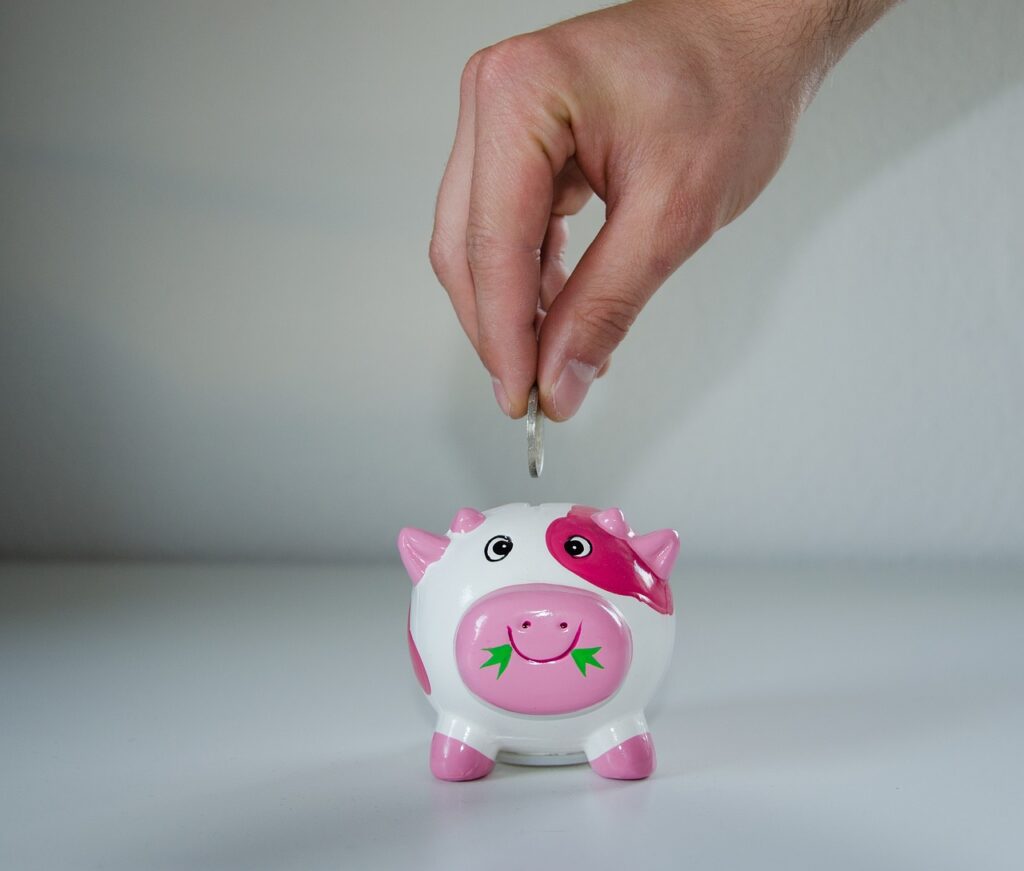Hello! In this article, I’m going to share valuable tips on how to craft an efficient personal budget. If you want to take full control of your finances and achieve your financial goals, you’re in the right place. Let’s get started!

Why a Personal Budget Matters
Thus, having a personal budget is key to ensuring that your finances are under control. In other words, it lets you know exactly where your money is going and how you can use it smarter. With a budget, you can:
- Control Expenses: Identify areas where you can reduce unnecessary spending.
- Saving: Earmark a portion of your income to savings and investments.
- Pay Off Debts: Manage and pay off debt faster.
- Achieving Financial Goals: Planning to buy a home, take a dream trip, or retire comfortably.
Steps to Prepare a Personal Budget
1. Calculate your Monthly Income
First of all, determine how much money you make each month. This includes your salary, extra income, pensions, among others. It’s important to have a clear view of all your sources of income.
2. List your Expenses
In this sense, write down all your monthly expenses. This includes rent or mortgage, utility bills, food, transportation, leisure, and any other expenses you have. Divide your expenses into categories to make it easier to keep track.
3. Set Financial Goals
Indeed, set clear financial goals. Ask yourself what you want to achieve financially in the short and long term. Your goals may include saving for retirement, building an emergency fund, or paying off debt.
4. Create a Spending Plan
Based on your income and expenses, create a monthly spending plan. Allocate money to each expense category and to your financial goals. Remember to set aside a portion for savings.
5. Track and Make Adjustments
In short, keep a record of your spending and compare it to your spending plan. If you find that you’re spending more than you planned in a category, make adjustments to balance your budget.
FAQ
- How often should I review my budget? It is recommended to review your budget monthly to ensure that you are following your financial plan.
- What do I do if my income fluctuates? If your income fluctuates, base it on a monthly average and adjust your budget as needed.
- Should I use budgeting apps? Budgeting apps can be useful for tracking expenses automatically, but manual control is also important for financial awareness.
- What is the ideal percentage to save? It is recommended to save at least 20% of your monthly income, but this can vary depending on your goals and financial situation.
- How do I prioritize my debts in budgeting? Prioritize paying off debts with the highest interest rates first to save money in the long run.
In conclusion, a personal budget is a powerful tool for achieving financial stability. With dedication and discipline, you can achieve your financial goals and enjoy a healthier financial life. Put these tips into practice and start walking the path to financial success. Good luck!